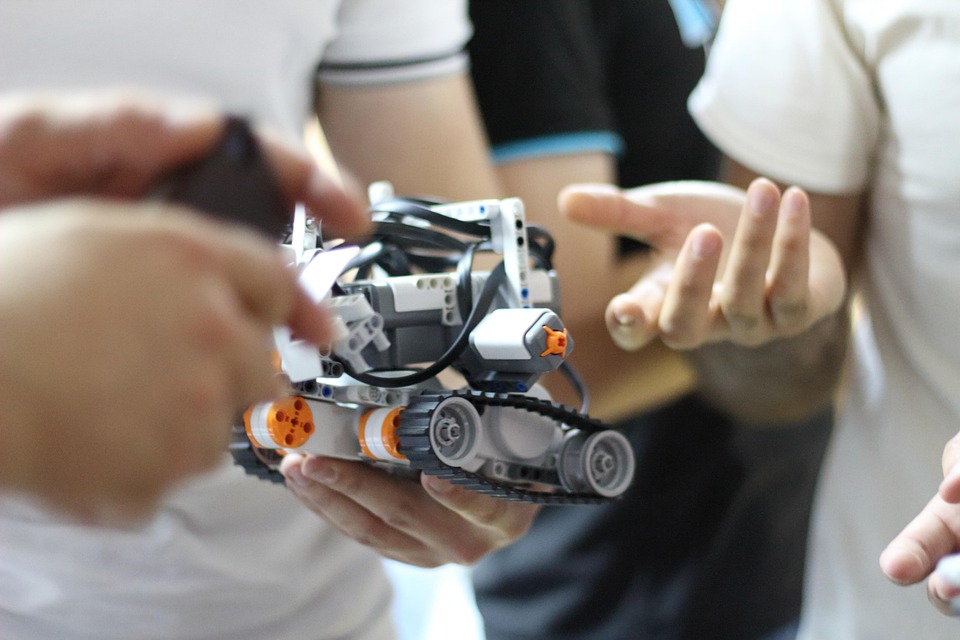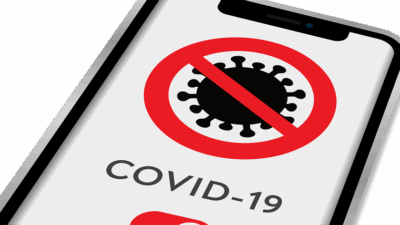Game development is an exciting and rewarding field that blends creativity, technology, and storytelling. Whether you’re an aspiring game designer, artist, programmer, or someone who simply loves games, the journey into game development can be both fulfilling and fun. In this article, we’ll explore how to get started in game development, including essential tools, learning resources, and tips for success.
1. Understanding Game Development
At its core, game development involves several stages, including concept creation, design, programming, and testing. It can also encompass various roles, such as:
- Game Design: Crafting the gameplay, mechanics, and rules.
- Art and Animation: Designing characters, environments, and visual effects.
- Programming: Writing the code that makes the game function.
- Sound Design: Creating music and sound effects.
Having a basic understanding of these roles will help you determine where you might want to focus your efforts.
2. Choose Your Path
Before diving into development, reflect on which aspect of game development excites you most. Some questions to consider:
- Do you enjoy storytelling and character creation? Consider game design or writing.
- Are you tech-savvy? Programming might be your best bet.
- Do you have a flair for art? Explore 2D or 3D art and animation.
Popular Game Development Roles:
- Game Designer
- Programmer
- Artist/Animator
- Sound Designer
- Quality Assurance Tester
3. Learn the Basics
Once you’ve identified your area of interest, it’s time to start learning. There are countless online resources available, including:
- Online Courses: Platforms like Coursera, Udemy, and edX offer courses in game design and development.
- YouTube Tutorials: Channels dedicated to game development provide helpful videos on various topics.
- Books: Consider reading books like “The Art of Game Design: A Book of Lenses” by Jesse Schell or “Game Programming Patterns” by Robert Nystrom.
Recommended Learning Platforms:
- Unity Learn: A treasure trove of Unity-specific tutorials and resources
- Unreal Engine Academy: Offers resources for those interested in using Unreal Engine
- GameDev.net: A forum and resource hub for game developers of all levels
4. Get Familiar with Tools and Software
Familiarizing yourself with industry-standard tools will set you up for success. Below are some commonly used game development tools:
-
Game Engines: A game engine is a software platform for developing games. Popular choices include:
- Unity: Excellent for 2D and 3D projects, user-friendly interface.
- Unreal Engine: Known for high-quality graphics and powerful capabilities.
- Godot: Open-source and beginner-friendly, suitable for 2D and 3D games.
-
Art Tools: If you lean towards art, explore tools like:
- Adobe Photoshop: For 2D graphics and textures.
- Blender: A powerful open-source tool for 3D modeling and animation.
- Version Control: Learn git for version control, essential for collaborative projects.
5. Start Small
As with any skill, starting small is crucial. Begin by creating simple games or prototypes. This helps you understand the development process without becoming overwhelmed. Here are a few ideas to get you started:
- Clone a simple game, such as Pong or Tetris, to understand mechanics.
- Create a small 2D platformer using your chosen game engine.
- Participate in game jams (like Ludum Dare or Global Game Jam) to challenge yourself and gain experience.
6. Build a Portfolio
As you create games, compile your best work into a portfolio. A strong portfolio not only showcases your skills but also serves as a crucial tool when applying for jobs in the industry. Make sure to include:
- Samples of completed games.
- A variety of work showing different skills (design, programming, etc.).
- Documentation and explanations of your design process.
7. Join the Community
The game development community is vast and supportive. Engaging with others can provide you with valuable feedback and learning opportunities. Here’s how to get involved:
- Forums: Join websites like IndieDB or Reddit communities for game developers.
- Social Media: Follow industry professionals and participate in discussions on platforms like Twitter, Discord, and LinkedIn.
- Local Meetups: Look for gaming events, conferences, or local meetups to network and learn.
8. Keep Learning and Iterating
Game development is an ever-evolving field. Keep yourself updated with the latest trends, tools, and techniques. Experiment with new ideas, learn from failures, and take feedback constructively.
Continuous Learning Resources:
- Online Courses: As technology improves, platforms often update their courses. Keep an eye on new offerings.
- Conferences and Expos: Attend events such as GDC (Game Developers Conference) and PAX for networking and insights.
- Blogs and Podcasts: Stay tuned to game development blogs and podcasts for insights from industry leaders.
Conclusion
Embarking on the journey of game development is both challenging and exhilarating. By understanding the basics, choosing your focus, learning essential tools, and actively engaging with the community, you’ll be set up for success. Remember, the key is to start small, iterate on your ideas, and most importantly, have fun! So go ahead—game on!



